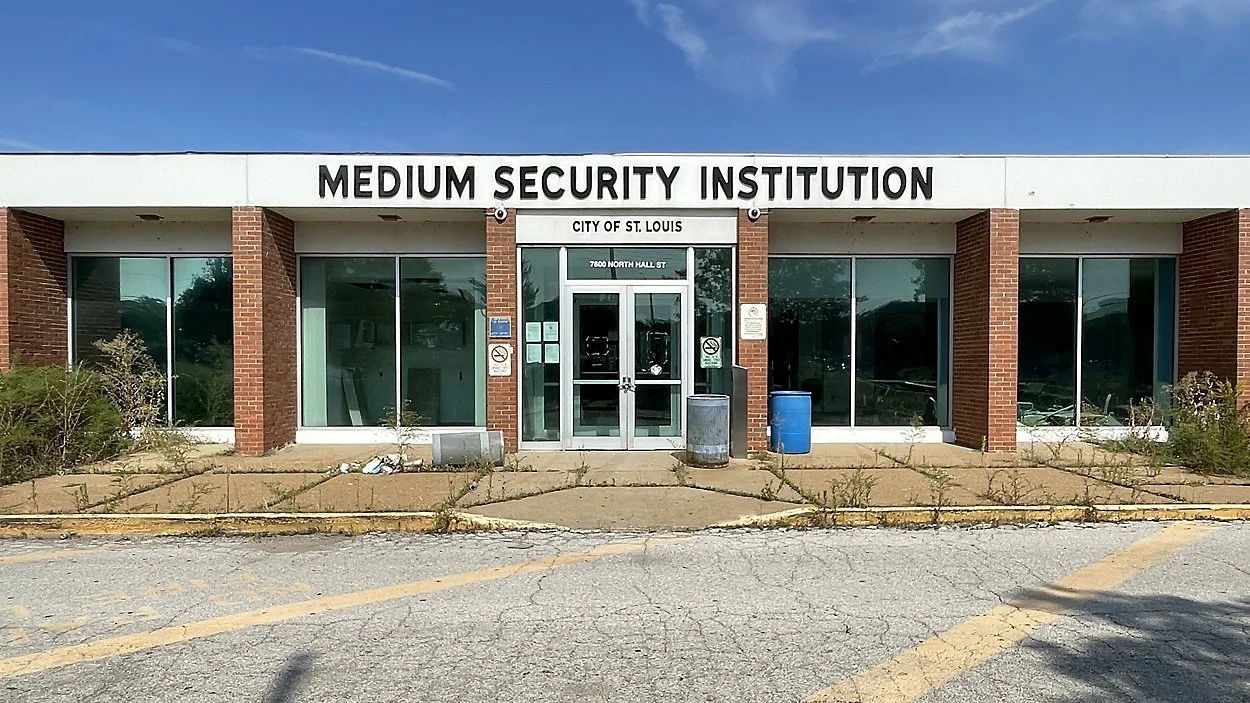It’s budget season and conscientious building managers have likely had an inspection conducted as part of their due diligence. But what comes next when facility managers are facing a roof replacement or other large expenses when products begin nearing the end of their usable life?
Western Specialty Contractors offered some insight on assisting management professionals in evaluating strategies and tactics that they can use to make the most of their budgeting season.
“I think that it’s important to look back on previous years,” said Bob Gender, region manager at Western Specialty Contractors.
“Whether or not you’re a new or seasoned manager to a building, it’s important to look at past budgets and actual spending from previous years to determine how much you should put in your budget for the following year,” Gender said.
Gender notes that managers do not want to be faced with a huge variance in spending versus budget. Unforeseen situations like weather activity can’t be predicted but being able to look at historical spending on a building’s roof, for example, is an important factor to consider when compiling a budget.
Property managers are tasked with giving very detailed budget numbers to their building owners, but they are often lacking an important explanation or summary as to why a repair needs to be done.
“The best customer is an educated customer, so we work to explain the benefits of preventive maintenance. We just try and maintain that philosophy and our customers get it and their buildings are better for it,” said Gender.
Gender accedes that many times a building’s budget won’t allow a full expenditure, so a temporary solution will have to do until the budget can cover the full repair or replacement cost.
“What’s really important is explaining the consequences of deferring maintenance on your roof, or any part of the building. When you buy a car and defer maintenance, like not changing the oil or rotating the tires, the car will age prematurely and be more costly to repair down the road. The same analogy goes for building maintenance,” Gender said.
Owners who are going to sell a property in the near future may have different considerations when it comes to spending for items such as a new roof. While spending for maintenance might not increase the sales price of a building, not spending may cause an owner to have to sell the building at a discount later.
“If you’re on the seller’s side of a transaction, I think it’s in your best interest to get repairs completed before the sale,” said Gender. “Owners can either pay for repairs now or they’ll be paying for it later, in the sale price.”
Gender finds repairs to be a selling advantage, showing, for example, how an owner has taken care of the roof, like conducting annual roof inspections and having the recommended repairs completed. The same calculations go for the façade, the parking structure, or any other major maintenance areas of a building.
“I think being proactive is key in keeping future costs down, and hiring your preferred contractor to do annual inspections is just one way of being proactive. When you do it every year, it will not take as much time to inspect and the repairs will likely be less widespread, as well as less severe, saving your owner money. Whereas, if you do the inspections every five years, it becomes a game of catch up,” said Gender.
For help creating a building maintenance plan and detailed evaluations for ownership, contact the Western Specialty Contractors branch location nearest you: http://www.westernspecialtycontractors.com/western-locations/.





